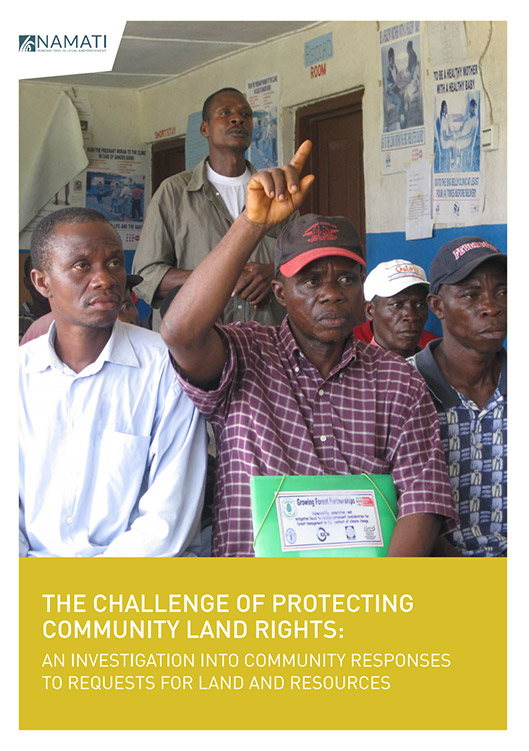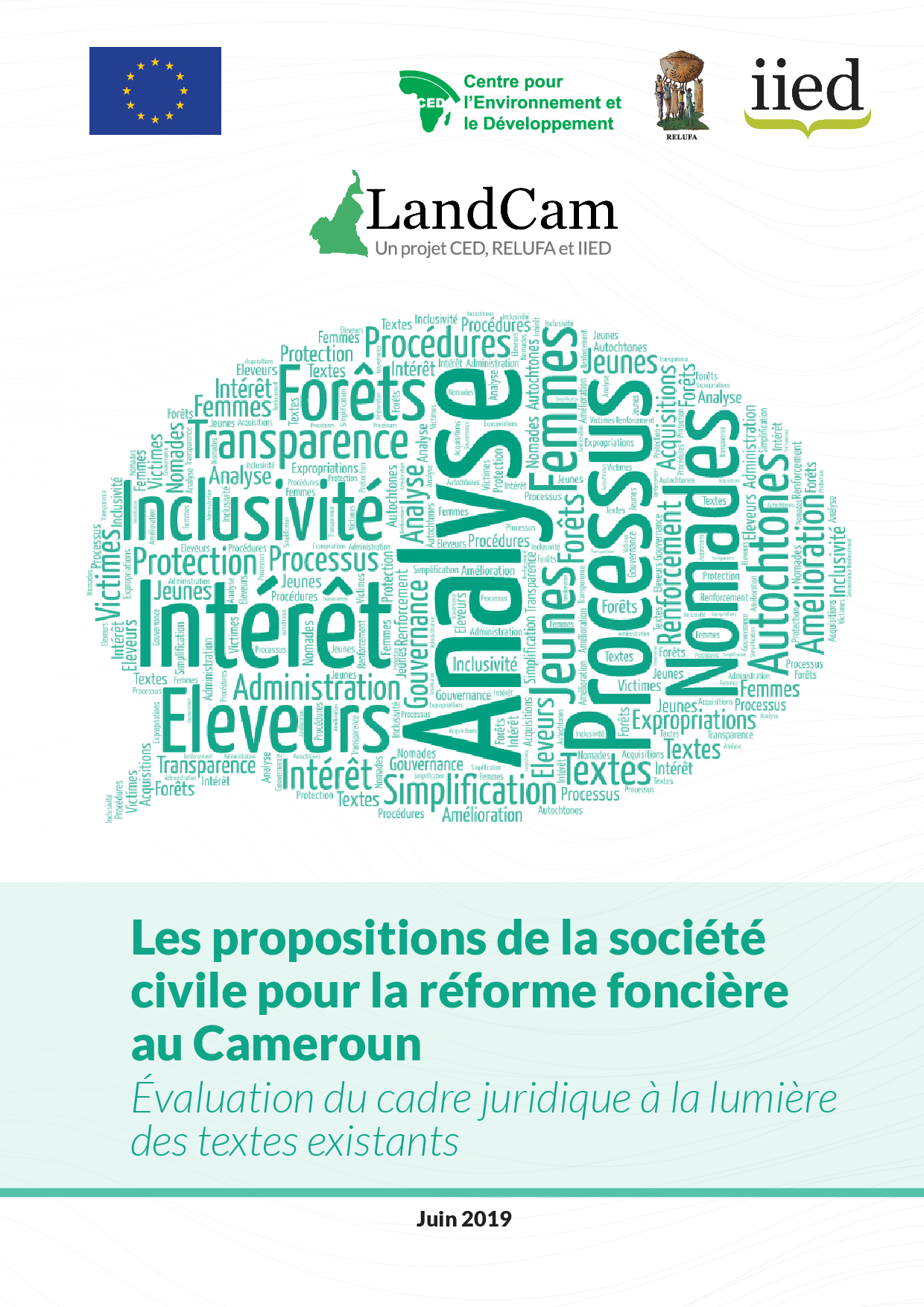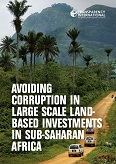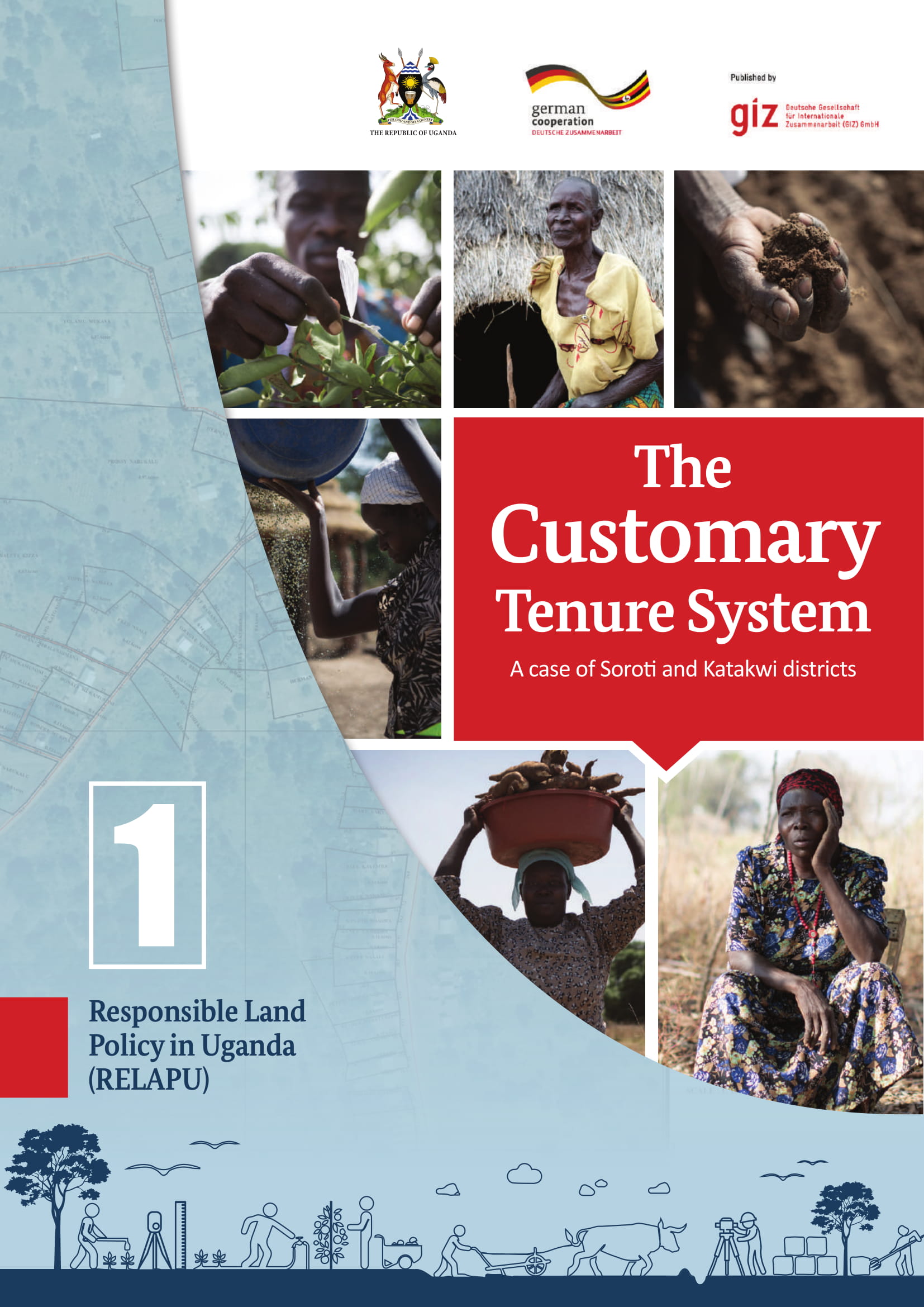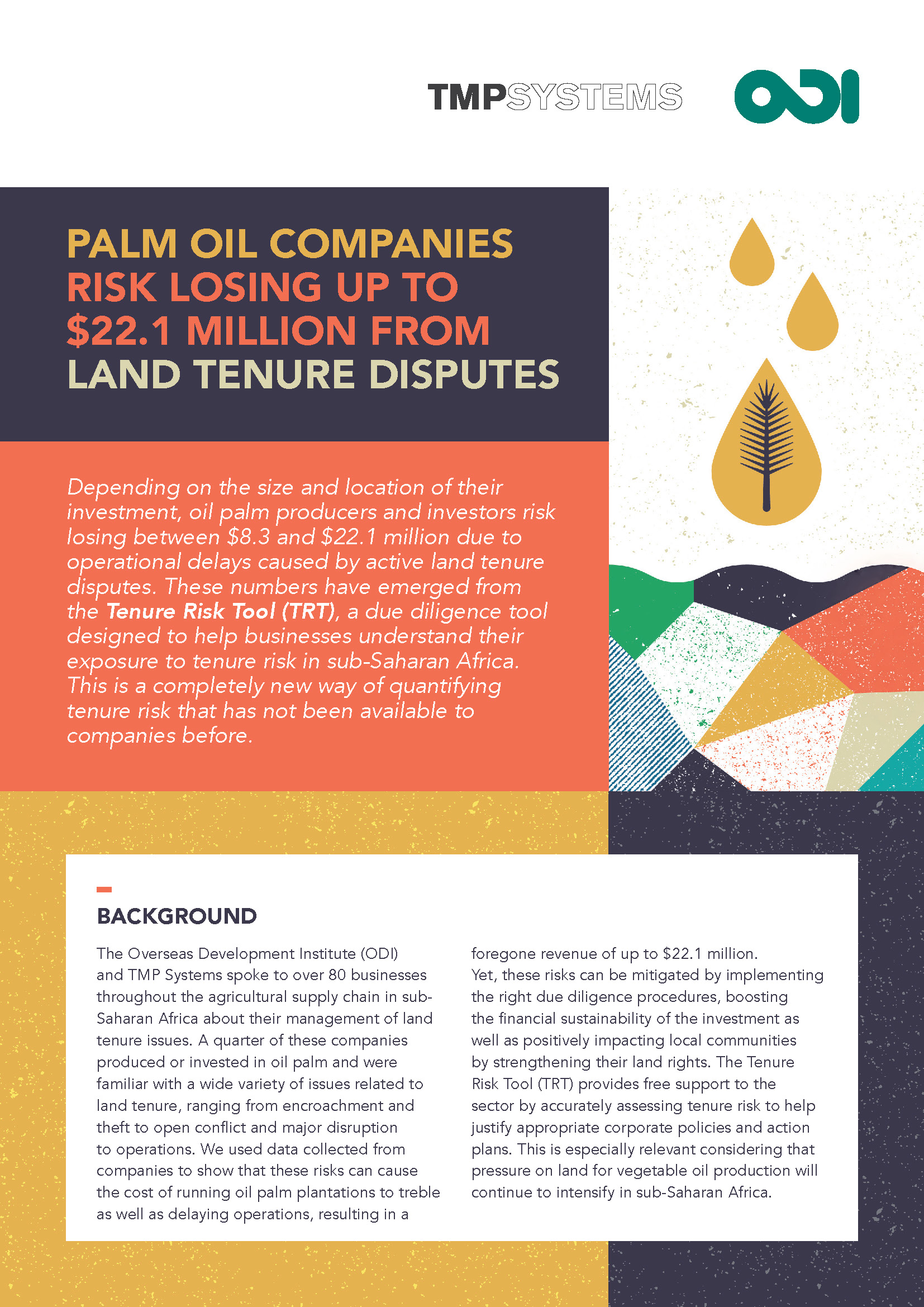From 2009 until 2015, <a href="https://namati.org/">Namati </a>and its partners <a href="http://www.ctv.org.mz/">Centro Terra Viva (CTV)</a> in…
Adaptation at Scale in Semi-Arid Regions (ASSAR) researchers collaborated to understand the complex changes and patterns in semi-arid vegetation and socio-ecological systems. Ecosystems were mapped using a cross-regional coarse scale study, relying on climate data to capture global and regional…
The New Urban Agenda and SDG 11 promote inclusive urban development, but limited empirical
knowledge exists on how such global rhetoric plays out on the ground. This paper contributes
to the inclusive city debate by focusing on the case of Soba, a peri-urban area at the fringes…
Date: juillet 2019
Source: <a href="https://www.farmlandgrab.org/post/view/29025#rssowlmlink">Farmlandgrab</a>, <a href="…
This report presents findings on corruption in large scale land-based investments (LSLBIs) in Sub-Saharan Africa, and although it draws on case studies from Sierra Leone and Zambia, its recommendations aim to be applicable across Sub-Saharan Africa.
Conventional, top-down and governance-…
Mailo is a unique tenure system in central Uganda. It is divided into three parts: Kabaka’s Mailo, Official Mailo and Private Mailo. Private Mailo belongs to an individual, so-called landowner and it can be sold, subdivided or transmitted. Conflicts on private Mailo can occur between landowners…
Land in Uganda is a delicate topic. About 80% of pending court cases in the country today are land related. One of Uganda’s tenure systems is the management of land according to customary tenure, especially in Northern Uganda, including the Teso sub-region. With its violent history, a rising…
These appendices refer to the summary report <a href="https://landportal.org/library/resources/qtr-report-2019/assessing-costs-tenure-risk… the costs of…
Most literature on land tenure in sub-Saharan Africa has presented women as a homogenous group. This study uses evidence from Ghana, Nigeria, and Zimbabwe to show that women have differentiated problems, needs, and statuses in their quest for land access and tenure security. It illustrates how…
The rapid development of farmer-led irrigation is increasing agricultural productivity, incomes, employment and nutrition, but it might well not achieve its full potential. Small-scale irrigators tend to be younger, male and better-off. Women and resource-poor farmers – the majority of farmers…
Depending on the size and location of their investment, oil palm producers and investors risk losing between $8.3 and $22.1 million due to operational delays caused by active land tenure disputes. These numbers have emerged from the Tenure Risk Tool (TRT), a due diligence tool designed by the…

